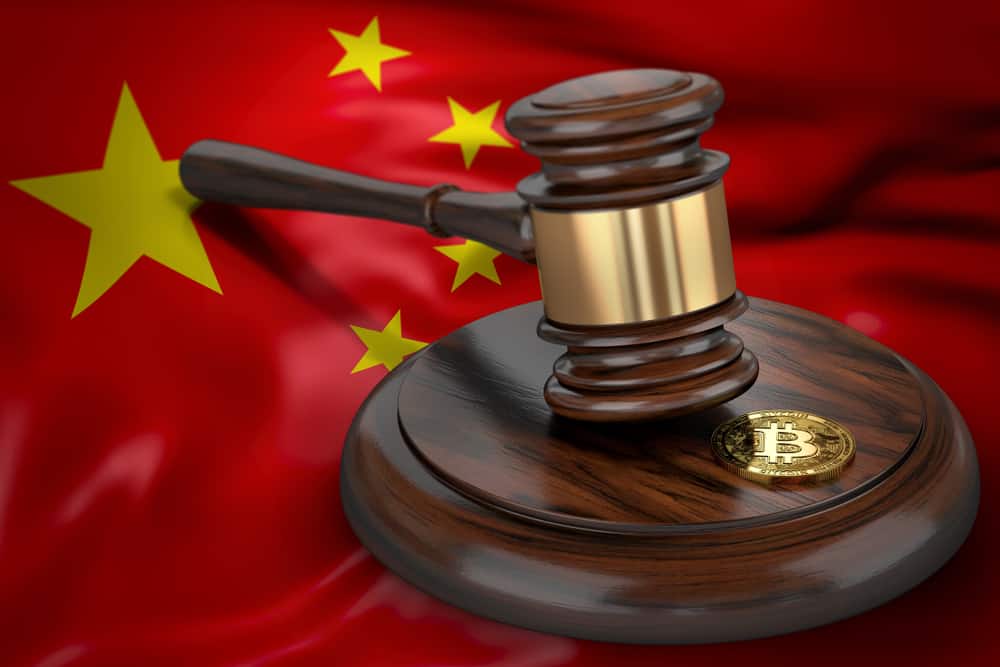China is leading the world in blockchain adoption, but completely ignoring cryptocurrencies. The country’s “blockchain before Bitcoin” policy is creating examples of how state patronage could help emerging technologies take center stage in the country’s economic agenda.
While the Chinese central bank has developed a system to replace paper checks with blockchain checks, its premier corporate, Alibaba, is pursuing new logistics ambition with DLT.
Repressive Tendencies Against Digital Currency Mining
China has always enjoyed a dominant presence in the crypto sector. Even after severe crackdowns, the country still hosts 50 to 70 percent of total Bitcoin mining. After authorities cracked down on local exchanges and ICOs last year, Chinese citizens cannot trade their virtual coins for fiat anymore.
Even Bitmain, which is the world’s most profitable mining company that manufactures ASIC chips, is now looking forward to using artificial intelligence as an alternate source of revenue. Chief executive Jihan Wu said:
“As a China Company, we have to be prepared.”
The authorities are driving out smaller miners who are moving to Singapore, Switzerland, and some East Asian countries to continue their operations. The government is skeptical of digital coins and issued a warning against financial risks after noticing the increasing popularity of Bitcoin. Regardless of these strict regulations, three homegrown coins — NEO, Qtum, and VeChain — are listed in top 20 coins in terms of market valuation.

Blockchain Before Bitcoin
The 13th Chinese five-year plan of 2016 included a mention of blockchain technology. However, the first official statement acknowledging the technology came from President Xi Jinping who said:
“The new generation of information technology represented by artificial intelligence, quantum information, mobile communication, internet of things, and blockchain is accelerating breakthroughs in its range of applications.”
Soon, China Central Television (CCTV) ran an hour-long program titled “Dialogue” that roped in several international blockchain experts and called the technology “10 times more [valuable] than that of the internet.” The country’s obsession with the technology is rooted in Hangzhou, the birthplace of Alibaba.
The city also houses a Blockchain Industrial Park, which announced a $1.6 billion blockchain innovation fund, with 30 percent of the capital coming from the local government.
A Patent War Breaks Out
China recorded the world’s highest number of blockchain patents in the world. Chinese organizations account for 225 of the total 406 distributed ledger patents filed in 2017, per World Intellectual Property Organization.
Alibaba has 49 licenses for applications based on this technology, and their founder Jack Ma called Bitcoin a “bubble.” The largest online retailer in the country JD.com, auto giant Wanxiang Holdings and Baidu are other prominent names experimenting with this technology.
In 2017, 178 new DLT startups were launched, which brings the total number of such companies up to 456. The Ministry of Industry and Information Technology also published a Blockchain Industry White Paper last month, which showed exponential growth in this sector.
As the PBoC is taking active steps in replacing paper checks with digital checks using distributed ledgers, the country is expected to release supportive blockchain standards by the end of 2019.






